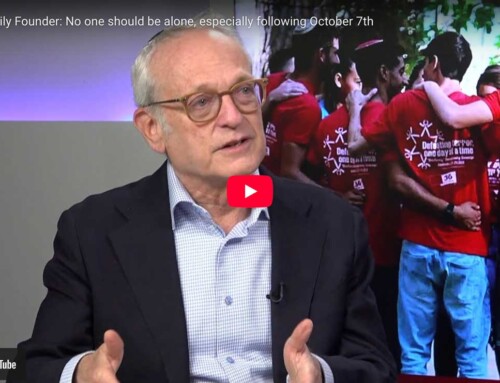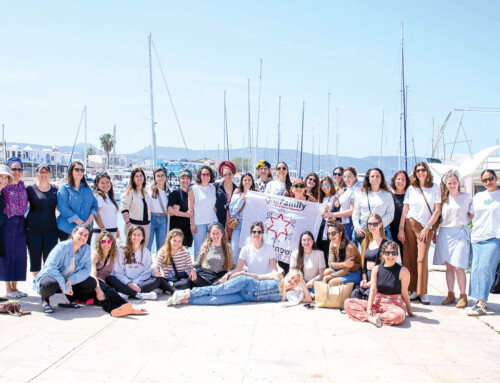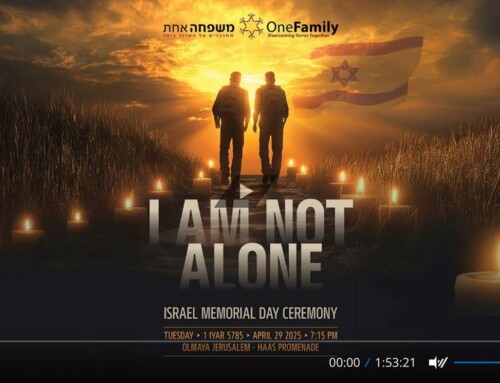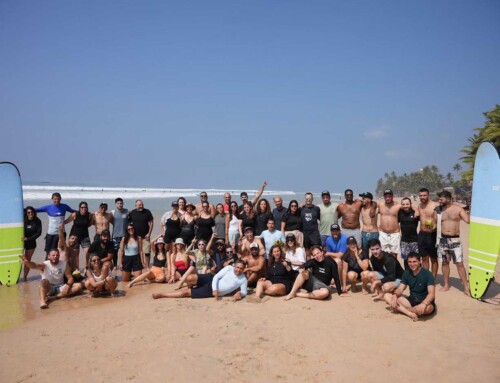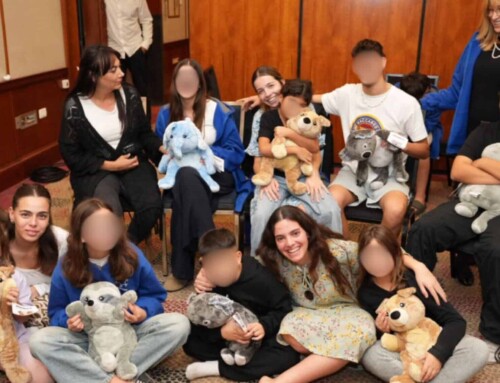Original source: Article published in The Jewish Press – by Rhona Lewis
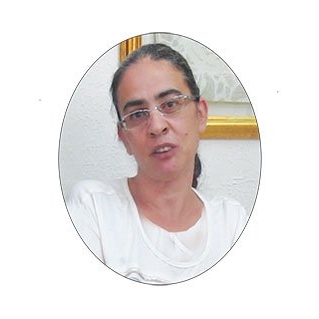
Too Young for Life Insurance
Shula describes the day of the attack – ironically, the day she traveled with a friend to Afula to cancel her life insurance policy. “We’d decided young people don’t need life insurance,” explains Shula. On the way back home, as the women approached the central bus station, they heard shots. They assumed these were the usual shots fired by the neighboring Arabs as part of their wedding celebrations. “We continued walking, but when we saw people running into shops and locking the doors, we realized something was wrong,” Shula says. “We could find nowhere to hide, so three of us squashed into an alcove, one behind the other. I saw someone running past and then coming back. With his jeans, T-shirt and gelled hair, I didn’t know if he was one of ours. Until he raised his gun and shouted, ‘Allah Akbar.’ We ran. My friend wasn’t injured. I was shot six times in my legs,” Shula says.
Loss Upon Loss
Over the next month, Shula underwent ten operations in an effort to save her legs. Trauma followed trauma: one day, a nurse who was under the mistaken impression that Shula had been briefed, casually mentioned that since gangrene had set in, Shula’s leg was going to be amputated from the thigh down. After the amputation, Shula spent eleven months in the rehabilitation unit at the Tel Hashomer Hospital. The two-and-a-half hour bus ride meant that Shula’s husband and children rarely visited.
Although Shula was fitted with her first prosthetic leg within a month of the amputation, it took several years and numerous operations before doctors were able to fit one that offers Shula a degree of successful mobility. I probe a little deeper and Shula takes me into the world of phantom pains and prosthetic limbs. “Sometimes I feel the blood flowing in my left leg. I feel terrible aches in a limb that isn’t even there,” says Shula. Attaching a prosthetic limb isn’t as simple as I’d imagined. Since the flesh of the stump grows back, it must be trimmed. For a month after every operation, the stump must be allowed to heal, which means that Shula cannot use the limb at all. In addition, since perspiration affects the attachment of the prosthesis, Shula is forced to spend the long Israeli summers shut up at home. “I never knew that I’d be able to wash the floor with one leg,” she says as an aside, giving a last window into her daily struggle.
A Family Shattered
Like a widening ink stain, the devastating effects of a terror attack spread out from the immediate victim to every family member. Before her injury, Shula was able to support her family respectably working as a chef on a kibbutz. That is no longer possible and the family struggles financially. Even her dental care, a necessity as the drugs that helped her cope with PTSD affected her teeth, was possible only thanks to an earmarked donation. Of course, Social Security does help. But the process is filled with bureaucratic twists and turns. It takes six months after application for the monetary assistance to come through. In the meantime, victims need to pay for taxis, babysitters, food, cleaning help. This is where OneFamily works differently: “When I see a need, we move in immediately to fill it,” says Batya Weinberg, Shula’s coordinator. “We help ensure that the family has the money to meet basic needs.”
Shula’s husband, Shmuel, suffers from epilepsy – the aftermath of the trauma he experienced in the army when he found a soldier who had committed suicide. While Shula was once able to shoulder all household responsibilities, her limited mobility has forced him into taking a more active role that puts him in danger. Since it’s impossible to predict the occurrence of an epileptic seizure, a simple trip to the bank becomes a cause for anxiety.
Hodaya, three-years old at the time of the attack, is still unable to accept her mother’s limitations. In kindergarten she refused to let her mother attend her birthday party; eventually they held it at home. As the years passed, Hodaya has allowed her mother to attend school events – as long as she sits at the back. Most recently, Hodaya neglected to mention another milestone to her mother: when they reach sixteen, many children in Israel go together with their parents to receive their ID cards in a ceremony at the President’s house. “You couldn’t have come anyway,” Hodaya told her mother when Shula mentioned that she’d have liked to attend. Shula doesn’t judge her daughter. Instead she summarizes her hurt in a simple sentence: “You miss out on a lot.”
But it’s the loss of her daughter Miri’s childhood that pains Shula the most. Since both Shula and Shmuel’s parents had passed away at the time of the attack, thirteen-year-old Miri had to master the art of mothering. The incredible pressure of responsibilities too heavy for her shoulders left deep scars that stunted her ability to move towards a career. Today, Miri is twenty-six and works as a shop assistant and has little hope of furthering her education.
The Mask That Almost Never Falls
Thirteen years after the attack, Shula still struggles with PTSD: “I often see him in front of me and can’t fall asleep because I’m replaying the attack. And I never lock the door: I need to know I can escape.” In addition, the trauma has caused Shula blood imbalances and heart trouble. And yet, she fights on. “Even though I can’t be the mother I once was, I find the strength to move forward because I want to be there for my children,” she says. “I became an actress and I never, ever let my mask fall. My children know that I’m often in pain, but I don’t talk to them about it. And I never discuss my amputation with my husband.”
There is one place, however, where Shula feels safe enough to let her suffering show: OneFamily’s support group for terror victims and their spouses. Several groups of, on average, twelve couples meet monthly to share their struggles and learn coping tools. “Here they learn that whatever happens in this non-normal situation is normal,” says Batya. In addition, retreats, attended by injured adults once or twice a year, feature recreation activities as well as marriage counseling, therapies and meetings with social workers. Here, victims draw the strength and gain the support to continue their lives.
“By giving up, I’d be giving in to terrorism,” says Shula, summing up her grit in face of adversity. However, when I ask about her plans for the future, she gives a chilling answer that shows how far the family has been shattered: “I’ve had my turn,” she says. I shudder. Shula is still young, with years ahead of her. I pray that she will find the strength not only to continue living, but also to regain some of what she and her family lost.

